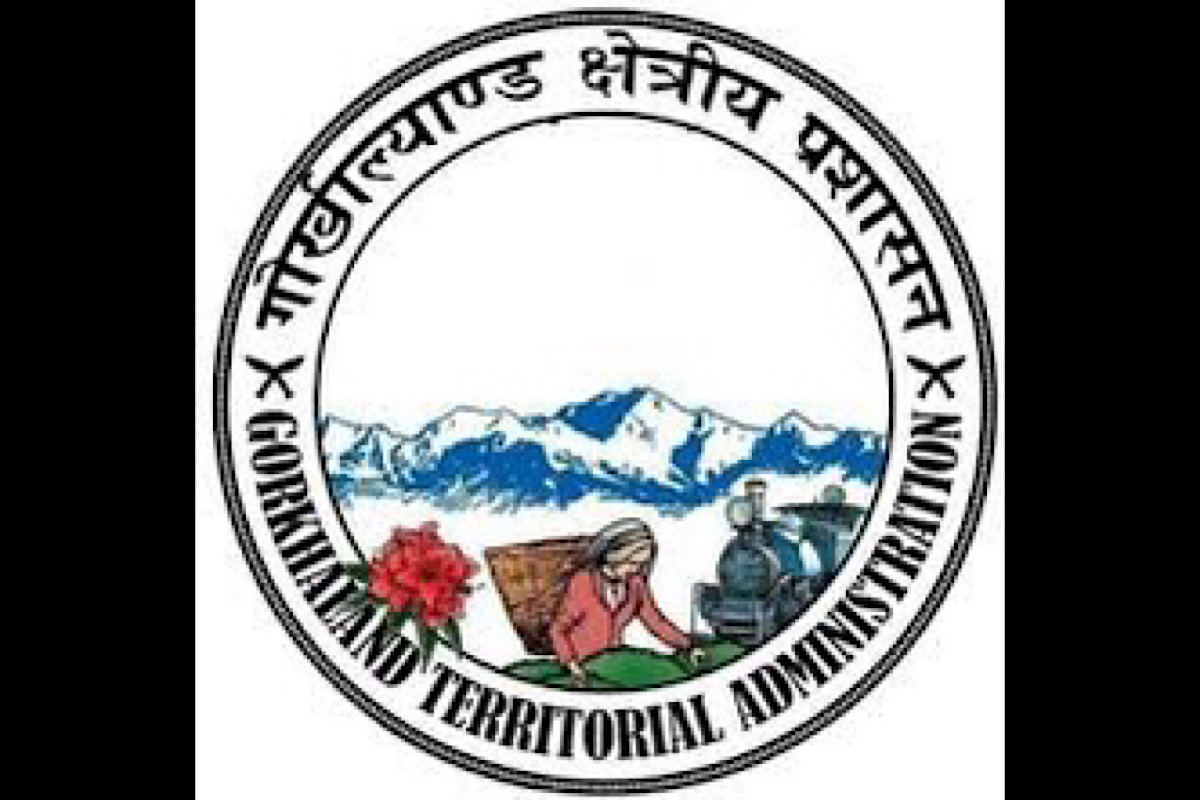As opposition parties in the Hills protest against the state government’s decision to grant only five decimals of homestead land in tea plantations, the Gorkhaland Territorial Administration (GTA) has countered by declaring that the “chapter of five-decimal pattas is closed” in its jurisdiction.
Following an order from the West Bengal government on 2 November, 2023, the district administration has begun surveying tea garden lands in Darjeeling and Kalimpong. The survey is being conducted in the GTA area on an ‘as is where is’ basis, without restrictions on the land area held.
Advertisement
GTA chief executive Anit Thapa has been advocating for land rights based on the full extent of possession. However, opposition parties have allegedly been obstructing the survey process in tea plantations where workers currently reside, escalating the political debate.
Mr Thapa remains firm on his stance, citing Chhota Pubung in Darjeeling as an example, where 135 residents received land rights. The pattas ranged from 31 decimals to five acres per family, depending on their possession. The land rights were granted under the agricultural land category, and the GTA now plans to follow this model for future land distributions.
In 2015, tea garden workers from Chhota Pubung, Alubari, had approached the Darjeeling district magistrate seeking land rights, but their demands were ignored. They tried again in 2018, forming a team to negotiate with authorities. At the time, the West Bengal government was granting only five decimals of land to landless people under the “Nijo Griho Nijo Bhumi” scheme.
Among them, Sunil Rai and others already had acres of land under their possession. With Mr Thapa’s support, they secured land rights for their entire holdings in 2022. Mr Thapa, then GTA’s chief executive, personally distributed the pattas, with land sizes ranging from 31 decimals to five acres per family.
Encouraged by this, Mr Thapa later discussed the issue with chief minister Mamata Banerjee, leading to the introduction of a scheme in 2023 to grant land rights to tea garden workers.
GTA public relations officer S P Sharma cited Chhota Pubung as a model, where 135 workers received land rights under the West Bengal Land Reforms Act, 1955. Individual workers were allotted up to one acre, while families received up to five acres.
Mr Sharma highlighted that without land rights, tea garden workers are excluded from government housing schemes and agricultural support. He noted that in past landslides, workers lost their homes without receiving compensation. Even for cremations, they must seek permission from tea garden management.
He also referred to findings of the Parliamentary Standing Committee, which underscored the “alienation of tea workers from basic land rights” and called for urgent legislative reforms.











